8 results in British and Irish Authors
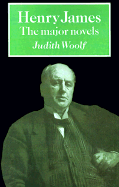
Henry James
- The Major Novels
-
- Published online:
- 01 June 2011
- Print publication:
- 04 April 1991
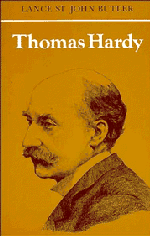
Thomas Hardy
-
- Published online:
- 03 May 2011
- Print publication:
- 23 February 1978
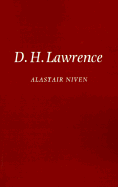
D. H. Lawrence
- The Novels
-
- Published online:
- 04 April 2011
- Print publication:
- 23 February 1978
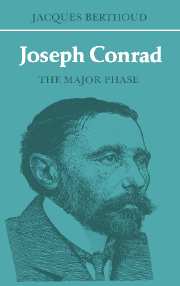
Joseph Conrad
- The Major Phase
-
- Published online:
- 12 May 2010
- Print publication:
- 23 February 1978
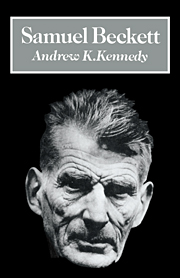
Samuel Beckett
-
- Published online:
- 23 February 2010
- Print publication:
- 30 June 1989
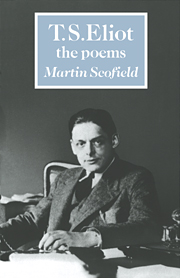
T. S. Eliot: The Poems
-
- Published online:
- 18 January 2010
- Print publication:
- 10 March 1988
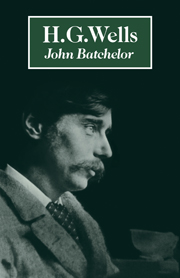
H. G. Wells
-
- Published online:
- 18 December 2009
- Print publication:
- 21 March 1985
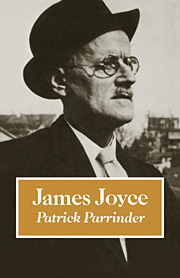
James Joyce
-
- Published online:
- 15 September 2009
- Print publication:
- 01 November 1984

